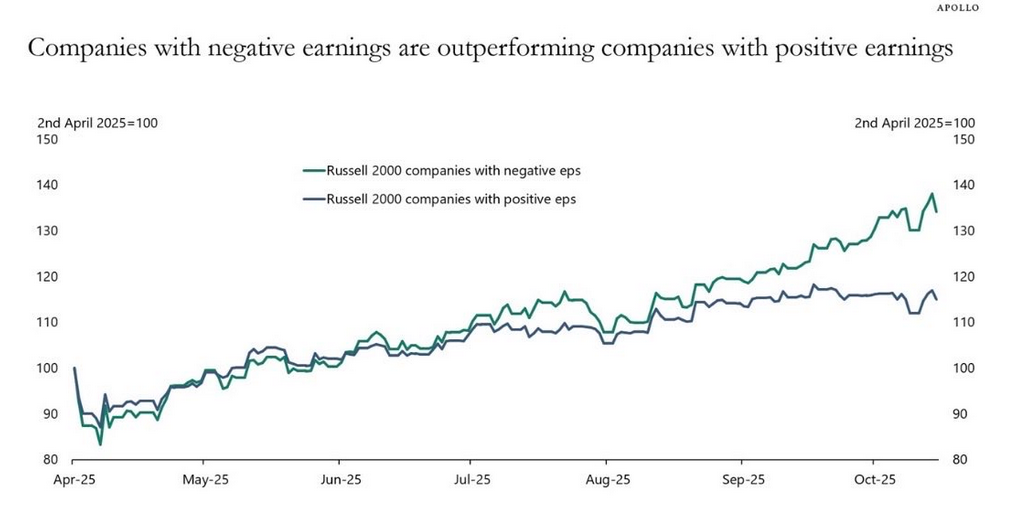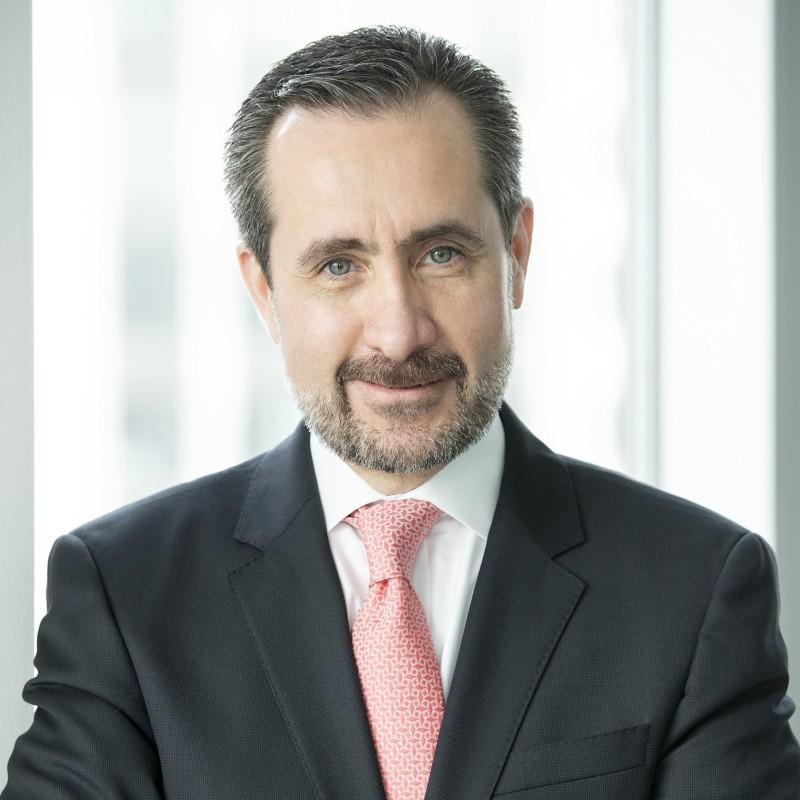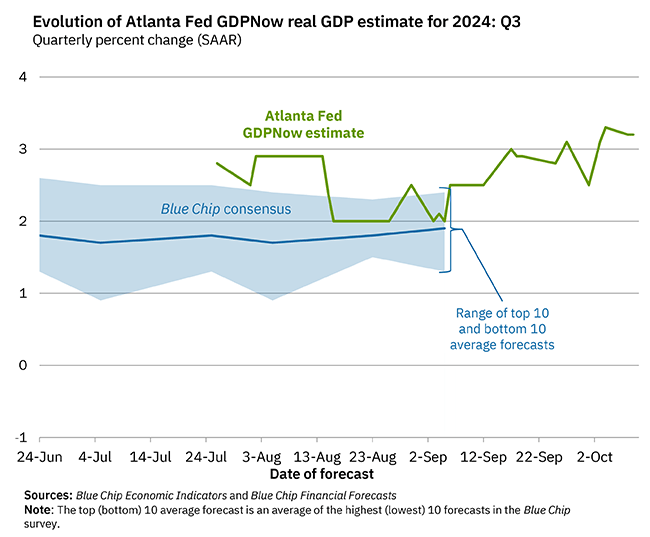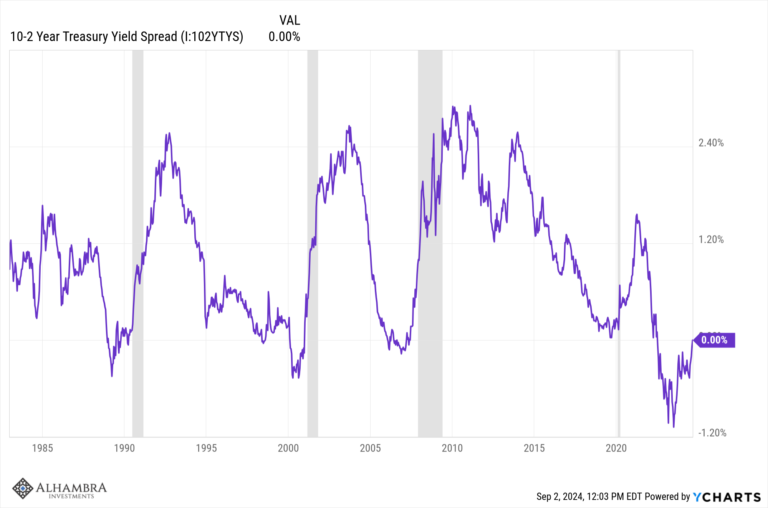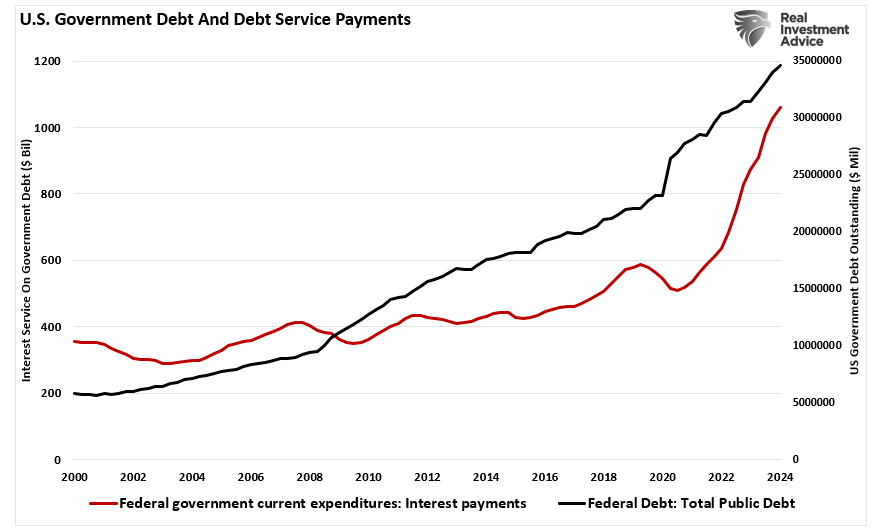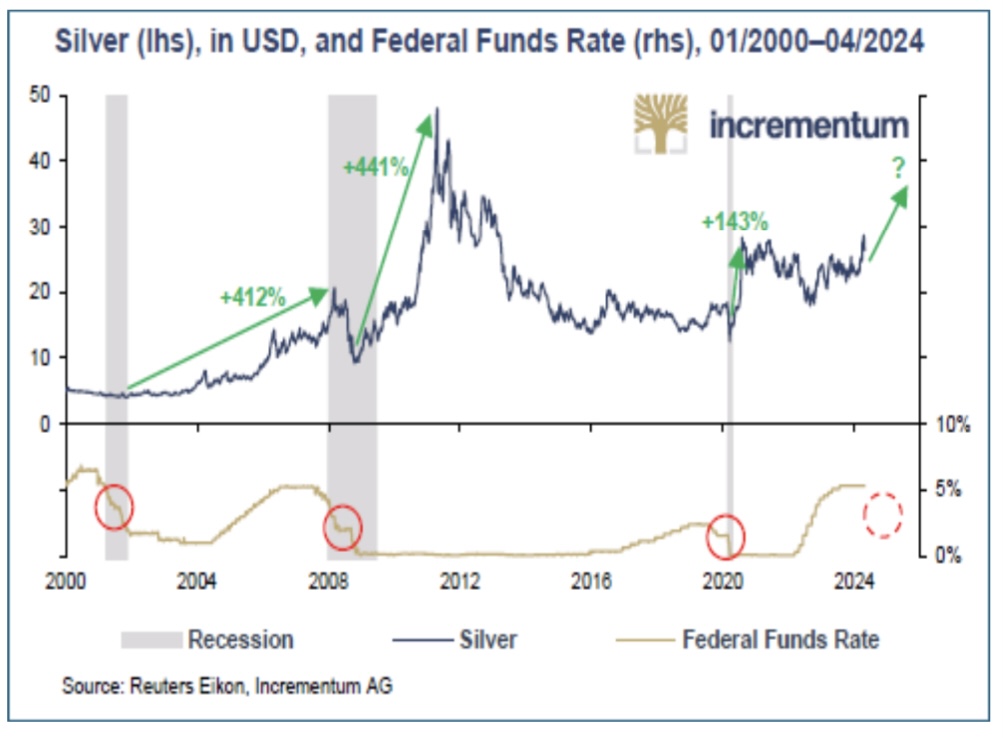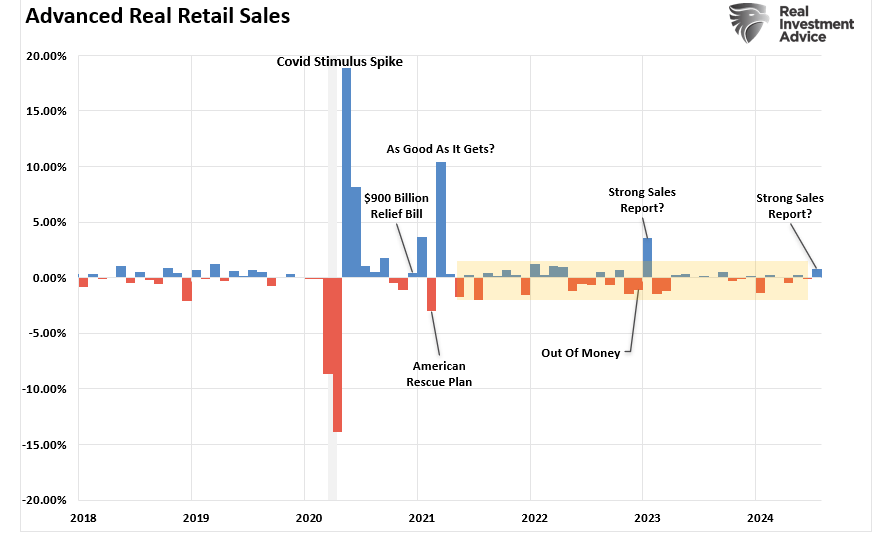| College students are back at their desks this month facing bleak prospects. With tightening job markets leaving kids with no place else to go, universities continue to jack up fees.
The upshot is growing signs that America is in the midst of an “education bubble,” just as big as those in stock, bond, and real estate markets. Case in point: four years at Harvard University now costs nearly $250,000 [1]. If you want an MBA, add another $200,000 [2]. That doesn’t include the expenses related to running around with colleagues from millionaire homes, which brings the total costs of the two degrees to well over $500,000. A family with two kids needs a cool $1 million to put them through the Harvard undergrad and MBA programs. That’s a lot of money for a program whose most famous graduate is former President George W. Bush, a man who oversaw the largest financial bubble and worst foreign policy disaster in US history. “Big academia” jacking up costs Harvard isn’t alone in squeezing students. According to World Bank data, US spending on education rose from 4.8% to 5.2% of GDP between 1999 and 2011. Mark Perry, a researcher at the American Enterprise Institute, calculates that college tuition and textbook prices have increased by 200% since 1996, compared to just 55% for the all-items consumer price index [1]. However, big academia has students caught between a rock and a hard place. The tanking job market, which disproportionately hits today’s young, has left many students with no choice but to pay those fees. Broader signs of an education bubble Defenders of the government-academia complex argue that education dollars are well-spent. They point to studies showing that college graduates earn more during their lifetimes than non-college graduates. However, these studies miss the point. For one, because increasing numbers of jobs require a university degree, our most ambitious students are forced to go there. As such, it is unclear whether the universities add value proportionate to the costs and time expended. Not surprisingly, universities themselves are encouraging a growing academic-credentialism movement, which appears to be ungrounded in notions of productivity. That’s particularly true of business and economics departments. |
Consider:
Fund managers can’t beat dart throwers. Most investment firms won’t hire a mutual fund manager unless he has an MBA, CFA, CPA, or some other university-backed certification. However as John Bogle, founder of the Vanguard index funds likes to point out, most nine-year-old kids throwing darts will outperform today’s mutual fund managers.
No serious investor would trust a financial statement. Academics supply advice and working papers to accounting standards committees and teach nearly a quarter of a million accounting students at America’s universities, according to the AICPA. There they learn how to prepare P&Ls, balance sheets, and other statements, all while blissfully ignorant of the fact that no serious investor would trust any such document.
Case in point, Deutsche Bank’s annual report is 448 pages long and its 20-K SEC filing is more than 500 pages long. But not a single financial analyst has publicized a credible review of its derivative book, which has a gross notional value of tens of trillions of dollars, because the most
important data are obscurely recorded.
When private equity groups or serial entrepreneurs make an offer to buy a public company, they shove aside the official paperwork, and insist on doing their own due diligence.
Fund managers for their part avoid the need to trust financial statements by taking positions in large numbers of firms (often between 30 and 50 and sometimes more) so that if one set of documents is misstated, it won’t unduly affect the fund’s overall results.
Blind Keynesian economics. Sprott Money readers are well aware of the massive dangers underlying the entire economics apparatus, currently being driven by the government-academia complex.
A child, your grandmother, and your barber would all tell you that saving, investing, and generational stewardship provide a solid basis for long-term sustainable development.
Today’s university economics departments – led by star professors ranging from as Paul Krugman, to Ken Rogoff and Larry Summers – teach, in effect, that ad infinitum spending, borrowing, and money-printing growth are keys to success.
Time will tell who is right.
Great successes are dropouts or outcasts.
Universities have long histories of fostering incompetence, stagnation, lethargy, and obedience … and expelling or repelling talent.
Einstein, as is well known, did his most creative work on his 1905 theories while working in a patent office in Zurich.
Nietzsche, the greatest philosopher since Socrates, was never admitted to any philosophy department (he was a philologist). Indeed he did all of his great writing, including Thus Spoke Zarathustra, Genealogy of Morals, and Beyond Good and Evil, after he left academia.
More recently, both Bill Gates and Mark Zuckerberg went to Harvard. But both are more famous for dropping out of their programs, rather than for what they learned there.
Neither George Orwell, Ayn Rand, or Ernest Hemingway – the most important fiction writers of the 20th century – had any university education to speak of. Aldous Huxley, who approaches that level, did study at Oxford, but he got out before the school did too much damage. Nelly Arcan wrote her most famous work, Whore, while she was an undergrad.
Compare their work to the soporific prose of academic fiction writers. In fact, it’s almost impossible to name one recent university English professor who has written any fiction that is required reading.
An investment in earning power?
Which gets us back to whether a Harvard University’s MBA education is worth $500,000. We contacted their public affairs department to see if they had any research into the matter that had not been made public. But we received no response.
That said, business is all about people, and if today’s rich are arranging for their kids to congregate at Harvard’s Business School and similarly ranked programs, for those who have a couple of hundred grand lying around, going for networking purposes might not be such a bad idea.
But right now, universities as a group show worrying signs of being bloated by many of the same bubble phenomena pervading other major economic sectors.
Tags: Bill Gates,Bonds,Larry Summers,newslettersent,Paul Krugman,Precious Metals,Private Equity,Real Estate,World Bank,Zurich
















